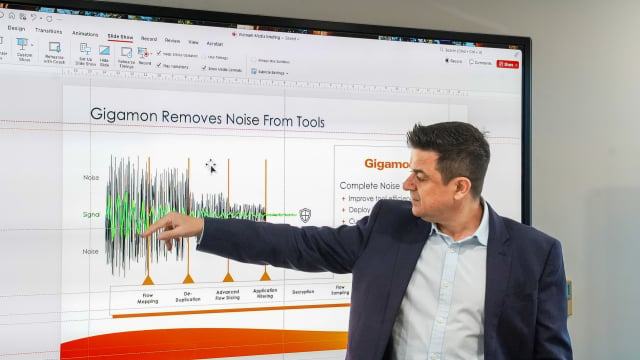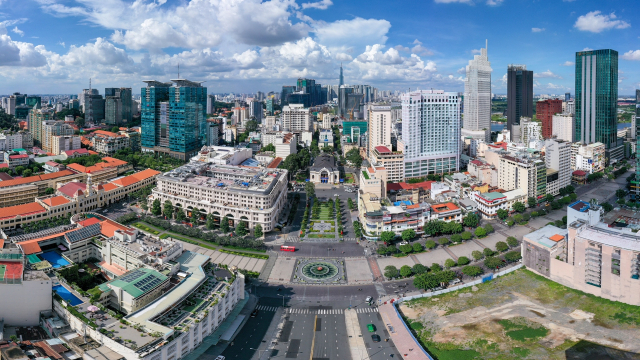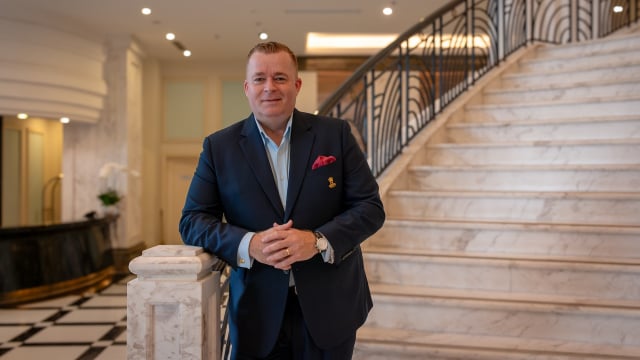Leader Talk
Why HR needs to listen to Millennials?
A lot has been said about the headline-dominating screen generation who have their own ideas about how companies should be run. The time has come for human resource (HR) managers to start paying attention to this generation and the forces of change currently at play in the modern workplace.

For a ‘baby boomer’ like me, Millennials are the most successful generation that I’ve come across during my professional life. They actually work – in the evenings, on Saturdays and Sundays. Why?
Because they’re always connected. They don’t separate work and leisure as the older generations do. In fact, I think they practice work-life integration much better than their older peers.
Blurring of the lines
In return for their dedicated work ethic, and the positive impact from this blurred distinction between their work and personal lives, Millennials demand a certain flexibility in return. They want to belong to a community because that is where they find their gratification. Both working, and socializing; learning, and being productive. The separation between the classroom and production is blurred because it’s always both.
The Millennials’ more cynical critics have said that excessive pandering to their whims and fancies is over-indulgent which is myopic, short-sighted and only telling half of the story. This flexible work arrangement has saved companies significant amounts of money. Knowing what the employee wants, makes the HR manager more able to deliver, happier and the CFO even more so, because they can cut down on approximately 55 per cent of their capital investments and fixed expenses, through flexible workspace arrangements.
According to office real estate studies, more than 55 per cent of office desks are empty at any one point in time. Chief executive and financial officers have worked out that their organisations are unable to completely utilize their office real estate throughout the duration of the lease. As such the office is typically under-utilized and stands empty for up to 40-55 per cent of the time.
Hence, transferring to flexible desks, reduces the number of desks (real estate) needed and management of facilities become more cost efficient. This becomes an imperative when more employees work remotely. Therefore, the economics of flexibility is undeniable.
Another central element to the talk is the speed of change in business. With economic cycles becoming more dynamic and frequent, we are unable to accurately predict where a company will be in ten years – or even in six months. With that kind of dynamic change, the need to be flexible is even more pronounced. The agility is key, for the expenses as well as the liabilities.
Alongside flexible working and a sense of community, adaptability is the last of the three key lessons that HR must learn from Millennials. And not just for the sake of the younger generation, but also to survive as a modern business. After all, it won’t be long before these workers are calling the shots.
Ten years from now, Millennials will be the decision makers. It can easily be argued that they are perhaps more successful than their age and experience justifies. But for business to succeed in this digital dynamic economic environment, it is pivotal, for the Millennials to get access to the other generations including the baby-boomers, just as it is for us to get access to them and learn from them.
As the HR Managers primary focus and goal is to derive the best value from all of their human resources talent, it is rapidly becoming imperative that we learn to build modern business organisations with flexible workplace arrangements, cost efficient and agile business environments and a truly collaborative space where the different generations comingle and share in a community.
Otherwise we will wake up and learn too late that the world has changed.
(*) Lars Wittig, IWG Country Manager for Philippines, Vietnam, Cambodia, Thailand, South Korea
Swiss group launches new co-working space brand in Hanoi
Vietnam turns semiconductor vision into action
The global semiconductor industry is being reshaped by geopolitical tensions, shifting supply chains, and the surge of digital technologies.
Cutting red tape in APA approvals to speed up tax negotiations
The change in APA approval authority is expected to shorten processing time and enhance business proactiveness in international tax negotiations.
Enterprise cybersecurity is under threat from the inside
As hybrid cloud systems grow more complex, Vietnamese enterprises are struggling to detect cybersecurity threats moving laterally within their own networks.
Breakthrough for the international financial center ambition
The submission of the draft resolution on Vietnam’s international financial center to the National Assembly heralds a new developmental era for the country.
How leadership philosophy redefines hospitality in Nha Trang
More than just running a 5-star resort, Kristian Petersen is redefining the art of hospitality with a humane and sustainable leadership philosophy.
When organic becomes an inspiring wellbeing lifestyle
For Tyna Huynh, co-founder of Drinkizz, organic is not just a food choice but a way of life that fosters a deep connection between people, nature and community.










































